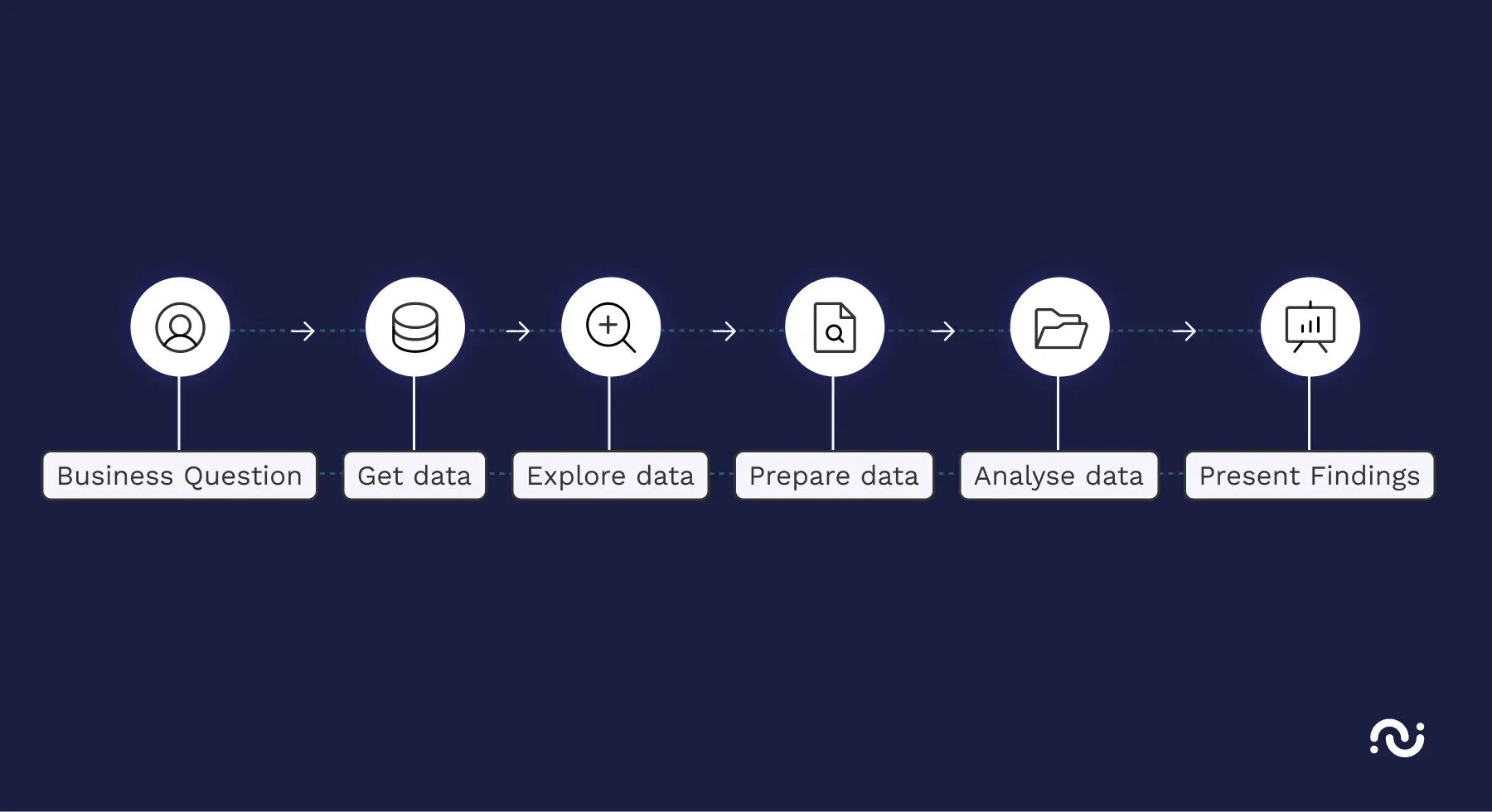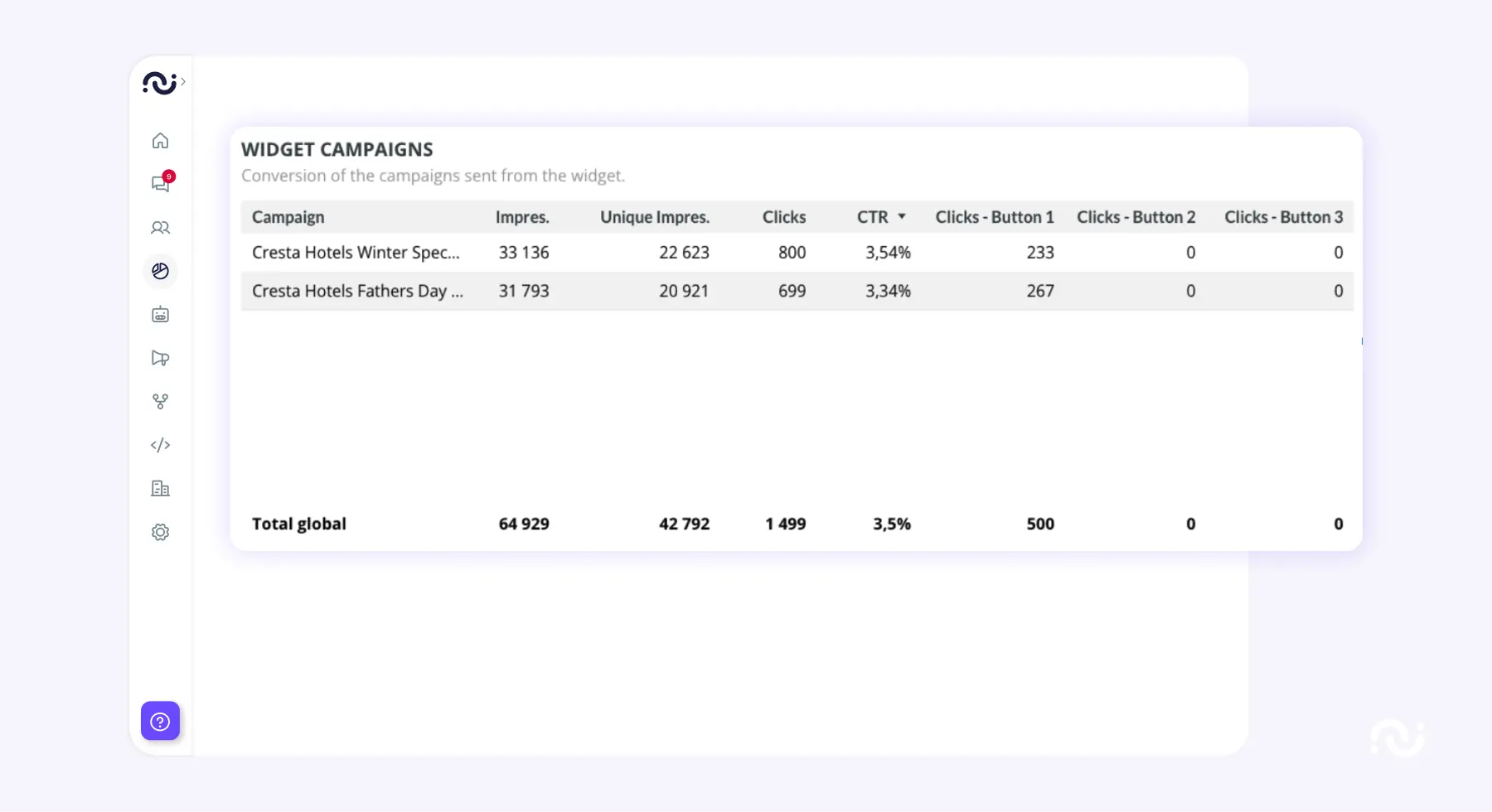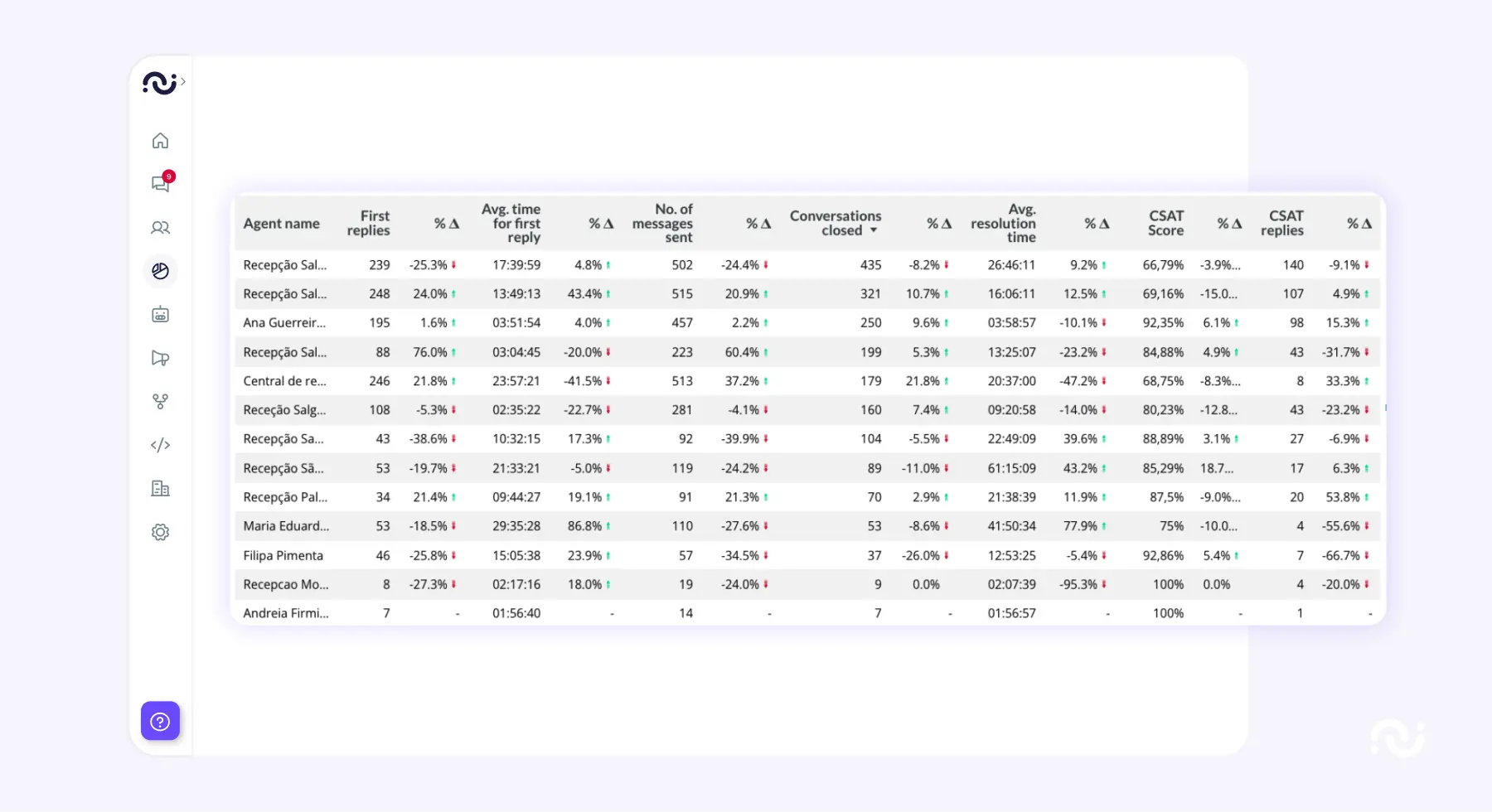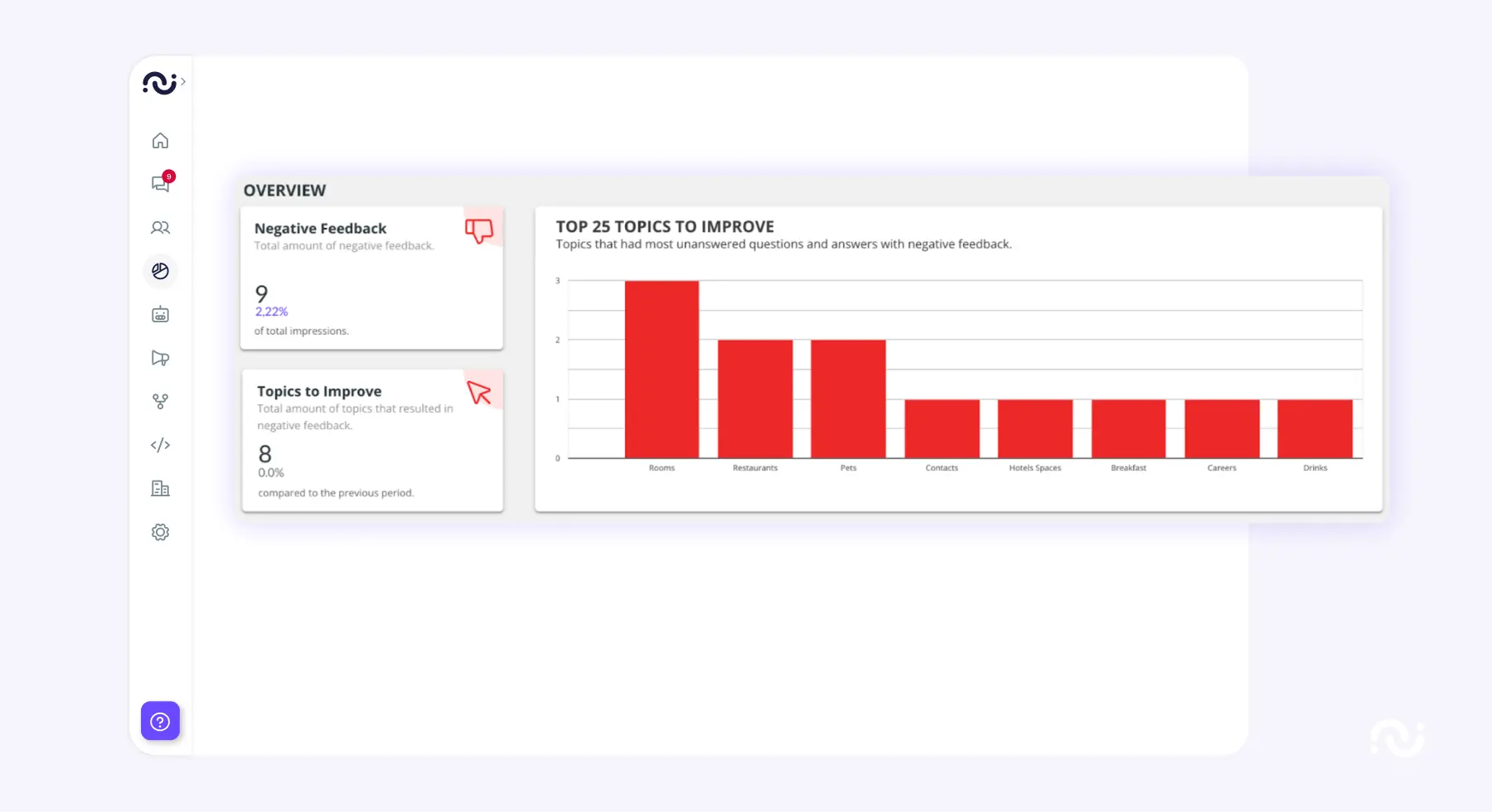In the Explained series of blog posts, we break down complex technologies incorporated in our AI, Aplysia. This time, we explore what data mining is, how it integrates into the HiJiffy solution, and the steps involved in using it to its full potential.
You might have heard of data mining before, as it is a method that is quietly – but steadily – revolutionising industries by transforming raw data into valuable insights. For those in hospitality, understanding the ins and outs of data mining can be your secret weapon to improve operations, customer satisfaction, and ultimately, your revenue.
The overview of the data analysis process
Data analysis involves working with data to extract useful insights, enabling informed decision-making. As the volume and complexity of data grow, the need for a straightforward and efficient process to tap into its value becomes more pressing. Typically, the data analysis follows several iterative phases:

- Business Question: What problem are you addressing? What do you need to measure, and how will you do it?
- Get Data: Gather your data from internal or external sources.
- Explore and Prepare Data: Clean up duplicates and anomalies, resolve inconsistencies, standardise formats, and fix syntax issues like white spaces and unknown characters.
- Analyse Data: Use different techniques to spot trends, correlations, and outliers. Tools like data mining and visualization software can help you uncover patterns and make data easier to digest.
- Present Findings: What recommendations can you offer based on the data? What limitations should you acknowledge?
Let’s explore each of these phases in more detail, examining them one by one.
Understanding the Business Question
Every data mining project starts with a business question. This is the foundation that guides your data analysis efforts and ensures alignment with your strategic goals. In the hospitality industry, this could mean asking questions like:
- What are the most common questions guests ask?
- Which frequently asked questions need refining based on guest feedback?
- How quickly do our agents respond to guest inquiries?
These questions are crucial as they target areas that can significantly impact guest satisfaction and operational efficiency.
By focusing on specific business questions, hotels can direct their resources efficiently and make informed decisions. This approach helps uncover valuable insights into aspects like customer behaviour, service performance, and market trends, all of which are vital for maintaining a competitive edge in the hospitality sector.
Collecting Your Data
Once you have identified your business question, the next step is gathering relevant data. For HiJiffy users, this data collection process involves tracking user and agent interactions, including every message sent, the context of conversations, and the responses generated by chatbots. This comprehensive data offers a wealth of information about guest interactions and service efficiency.
The data collected is meticulously logged, covering details such as conversation topics, client specifics, and language used. This enables a holistic view of customer interactions, offering insights into areas that may need improvement and providing a solid basis for analysis.
Exploring and Preparing Data
Data exploration and preparation are critical phases that ensure your dataset is clean, reliable, and ready for analysis. In this stage, HiJiffy focuses on gathering user feedback, performance metrics from chat logs, and system reports. These datasets are then cleaned by removing errors, duplicates, and inconsistencies to ensure accuracy.
Once cleaned, the data is transformed into a structured format suitable for analysis. This structured data is pivotal for drawing meaningful insights and making informed business decisions.
Analysing Data for Insights
Data analysis is where the magic happens. It is the phase where you start uncovering patterns, trends, and correlations within your dataset. For HiJiffy users, analysing data means identifying strengths and areas for improvement in hotel operations in general and specific teams’ performance.
Key Metrics for Evaluation
When analysing data, understanding key performance metrics can provide a clearer picture of system effectiveness. Important metrics include:
- Customer Satisfaction (CSAT): Measures customer contentment with services, with separate scores for chatbots and agents.
- Automation Rate: Assesses the extent of conversation automation without human intervention.
- Click-through Rate (CTR): Evaluates the success of marketing campaigns by tracking link clicks.
These metrics are essential for assessing how well systems meet guest needs and for guiding future improvements.
Why is the CSAT score important in hospitality?
Types of Reports
Different reports serve varied analytical purposes.
- Internal Reports focus on performance monitoring and user trends, helping identify frequently asked questions (FAQs) and popular features within the HiJiffy solution.
- Client Reports offer insights into chatbot activity and various user engagements during the customer interaction cycle. Customisations are available on the enterprise plan.

- Team Reports measure team performance, individual agent responsiveness and customer satisfaction levels. Customisations are available on the enterprise plan.

These reports provide a comprehensive overview of operations, helping to pinpoint areas for enhancement.
Learn how to use and navigate reports in the Console
Continuous Improvement and Monitoring
Data mining is not a one-time task; it is an ongoing process that requires constant monitoring and refinement. HiJiffy employs continuous improvement strategies by using Customer Success Alerts to identify potential issues early. This proactive approach involves monitoring campaign performance, client activity, and chatbot effectiveness to ensure alignment with customer needs.
Our certified premium customer support
Feedback Insights
Paying attention to feedback is crucial for continuous improvement. Reports on negative feedback highlight potential improvement areas, offering specifics on user messages that received low scores. By addressing these areas, hotels can refine their offerings and boost guest satisfaction.

Improve automated replies to frequently asked questions
Presenting Your Findings
Presenting findings clearly and succinctly is crucial for decision-making. In the context of data mining, this involves summarising insights gained from the analysis and offering actionable recommendations.
By leveraging data mining, hospitality professionals can identify both strengths and areas needing attention. This empowers them to enhance operational efficiency, elevate guest experiences, and ultimately drive business growth.
If you are interested in learning more about various technologies used in Aplysia, explore a section of our website dedicated to our artificial intelligence, follow HiJiffy on LinkedIn and subscribe to our newsletter in the footer.
More articles in the Explained series
Sources
This article is based on technical contributions by Eduardo Machado and Vanda Azevedo from HiJiffy’s AI Team.









